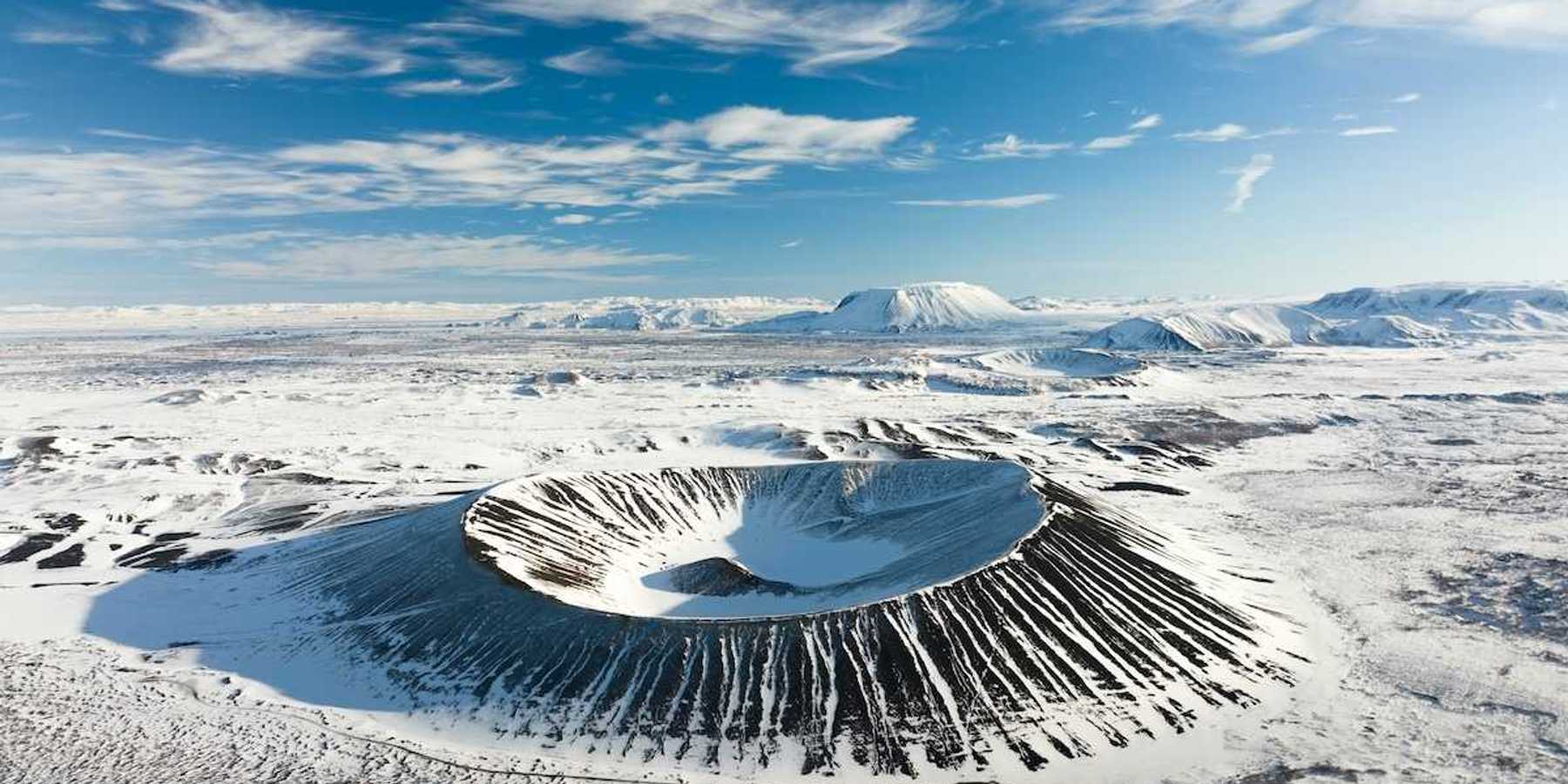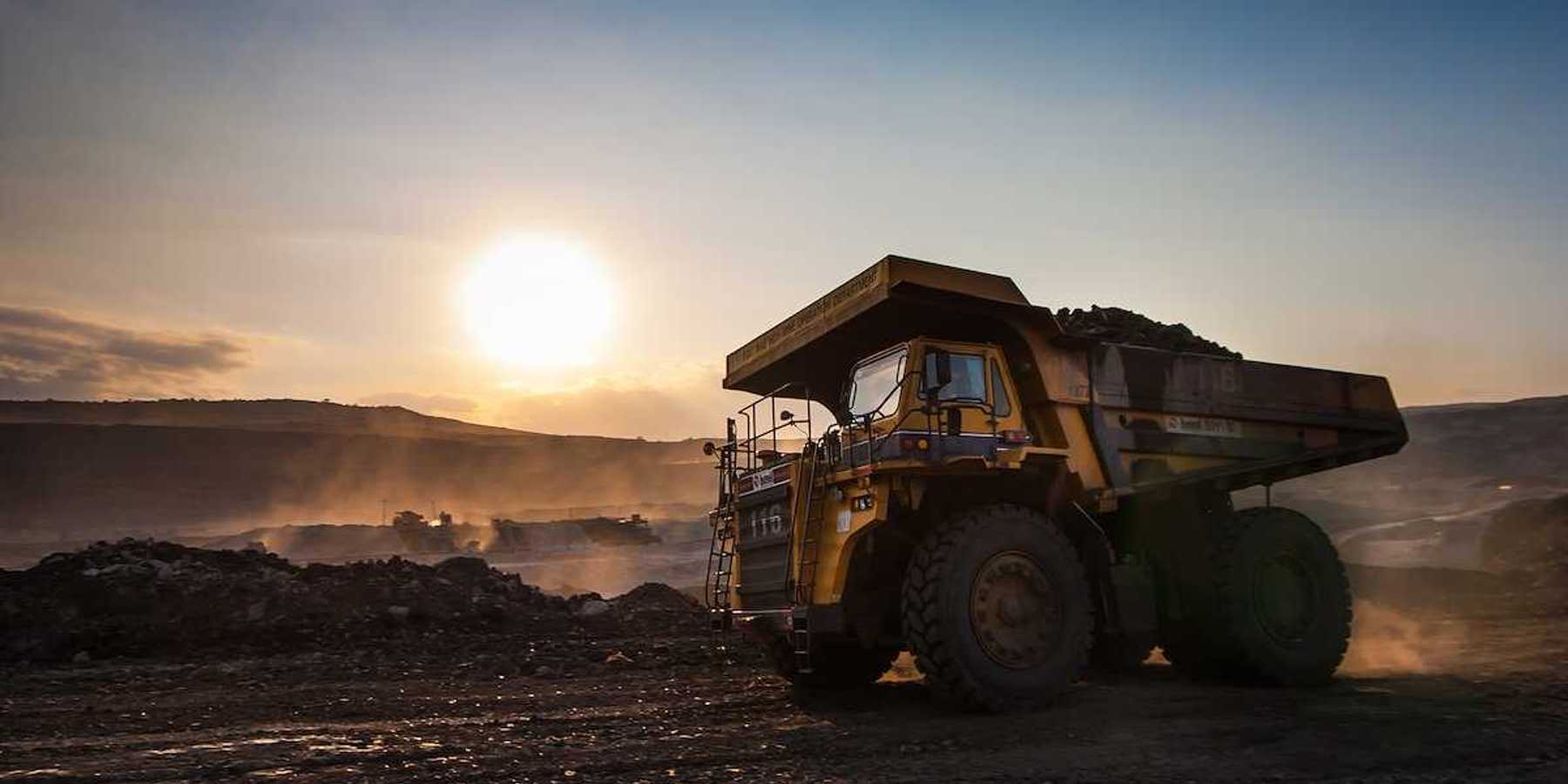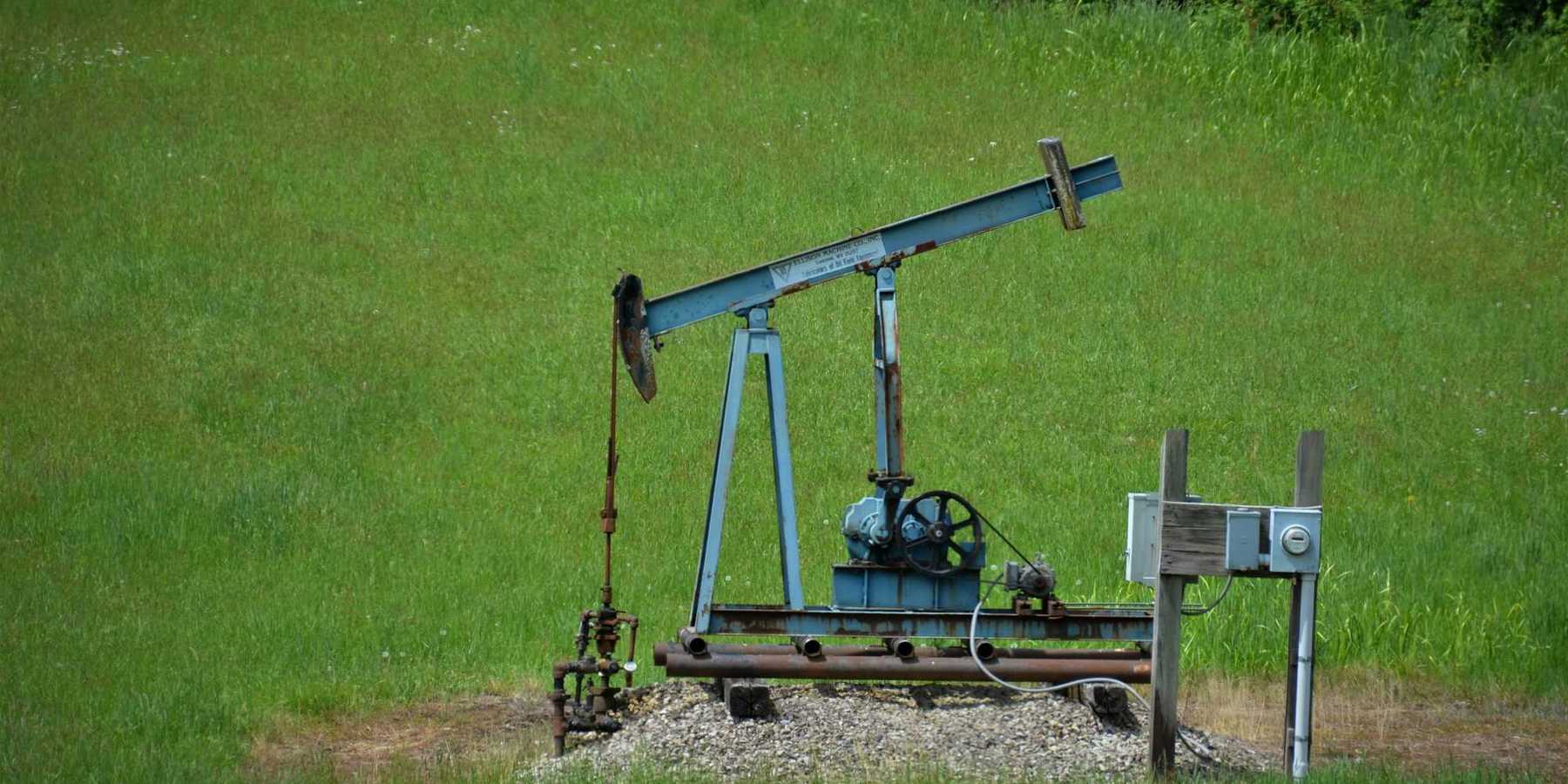20 June 2024
Air pollution kills nearly 2,000 children daily worldwide: Study
A recent study reveals that air pollution is now the second leading cause of death among children under five globally, overtaking poor sanitation and lack of clean water.
Fiona Harvey reports for The Guardian.
In short:
- More than 8 million deaths in 2021 were due to air pollution, with children and low-income countries hit hardest.
- PM2.5 particles, primarily responsible for air pollution deaths, are linked to lung disease, heart disease, and other serious health issues.
- Climate change exacerbates air pollution, with higher temperatures and wildfires increasing particulate matter in the air.
Key quote:
"Our inaction is having profound effects on the next generation, with lifelong health and wellbeing impacts."
— Kitty van der Heijden, deputy executive director of Unicef
Why this matters:
Addressing air pollution is crucial for improving global health outcomes, particularly for vulnerable children in low-income countries. Addressing this issue can dramatically improve health outcomes and combat climate change. Read more: Breathless: Pittsburgh's asthma epidemic and the fight to stop it.













